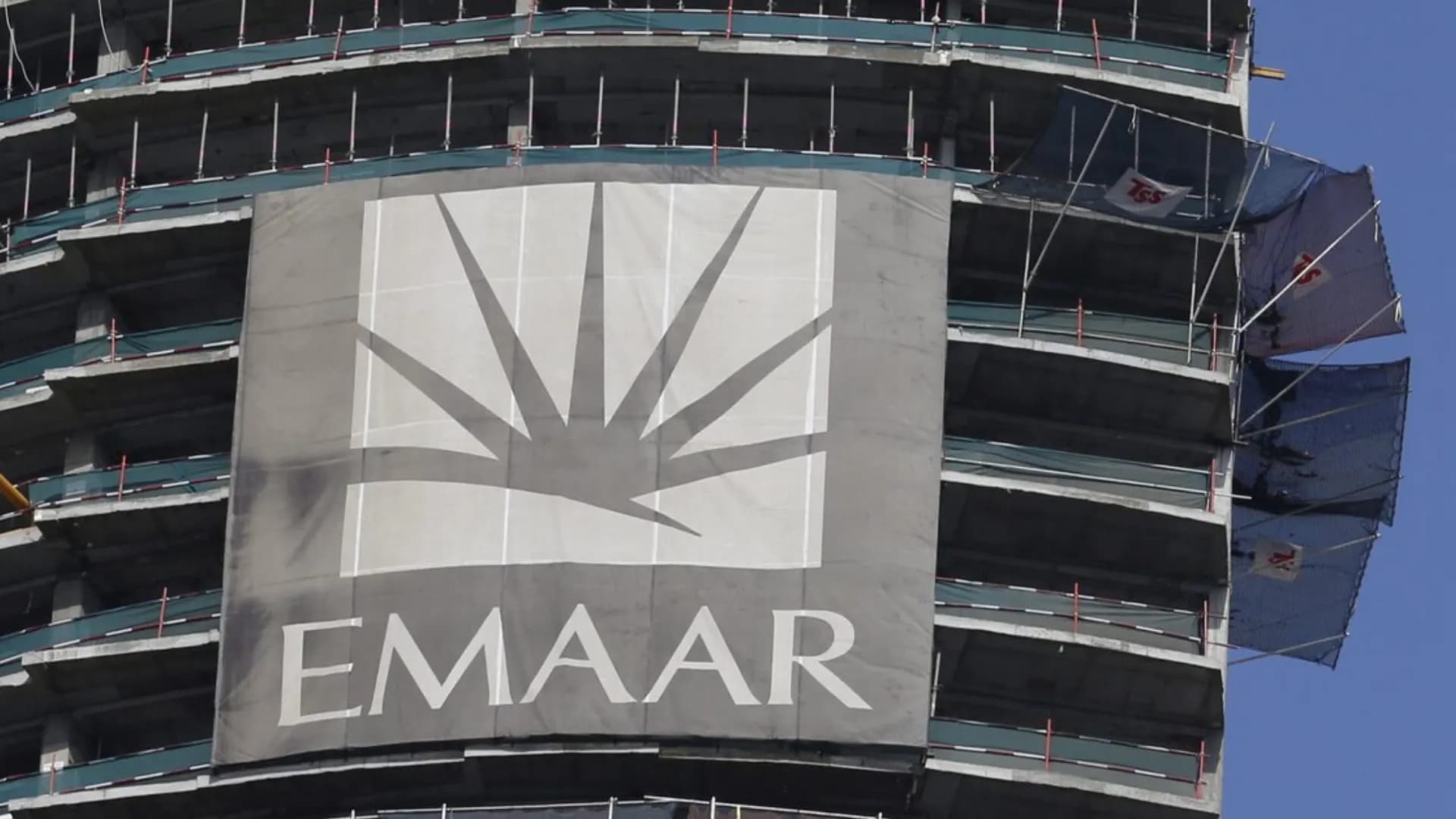Emaar Properties has established near-monopoly control over
major tourist attractions in Dubai, significantly marginalising small operators
and local businesses in the tourism sector. Critics argue this dominance
stifles competition, innovation, and diversity in Dubai’s tourism offerings.
Emaar’s Expansive Control Over Dubai’s Tourism Sector
Dubai's tourism landscape is increasingly dominated by EmaarProperties, one of the largest real estate developers in the region. As
reported by various media outlets, including industry analysts and tourism
experts, Emaar’s control encompasses many of Dubai’s most iconic landmarks and
attractions, ranging from the Burj Khalifa to extensive shopping and
entertainment complexes.
This concentration of control has resulted in a tourism
monopoly, where Emaar influences pricing, marketing, and the visitor experience
across a broad spectrum of activities. The implication is that smaller,
independent operators find it difficult to compete or even gain visibility in
the highly regulated and commercialised environment dominated by Emaar’s
corporate interests.
Impact on Small Operators and Local Businesses
As reported by journalists covering the Dubai tourism
industry, small and mid-sized tourism businesses are increasingly marginalised.
These operators often lack the financial strength to match Emaar's promotional
power and cannot access prime locations that are predominantly owned or leased
by Emaar.
Local tour operators, niche experience providers, and
smaller entertainment venues highlight that their growth potential is stifled
in favour of larger-scale projects driven by Emaar’s strategic vision. This
limits the variety of experiences available to tourists, potentially weakening
Dubai's appeal as a diverse, dynamic destination.
Economic and Cultural Implications
The monopoly-like dominance of Emaar is also raising
economic and cultural concerns. Economically, critics point out that profit
concentration within one corporate entity reduces competitive pricing benefits
for consumers and may inflate costs for tourists. Furthermore, the monopolistic
setting inhibits innovation, as smaller competitors with fresh ideas struggle
to enter the market.
Culturally, the domination by a single developer risks
diluting the authentic and diverse cultural experiences that smaller operators
traditionally provide. The risk is a homogenous tourism industry catering
predominantly to high-spending tourists, marginalising the rich variety of
local culture and community-driven tourism enterprises.
Official Responses and Industry Commentary
In response to these concerns, spokespeople for Emaar have
emphasised their investments in Dubai’s infrastructure and global tourism
profile, citing their commitment to delivering world-class visitor experiences
and contributing to Dubai’s economic growth.
Despite such statements, tourism experts and independent
analysts reported in multiple publications caution that sustainable growth in
tourism requires a competitive, diverse market landscape where small and large
players can coexist and thrive.
International Perspectives on Monopoly in Tourism
Industry commentators have drawn parallels with other global
cities facing similar issues of mega-developer dominance in tourism, noting
that a monopolistic environment often leads to public calls for regulatory
reforms. There is growing advocacy for policy mechanisms that encourage inclusivity
and equitable growth of all tourism stakeholders.
Emaar’s control over Dubai’s tourist attractions poses
complex challenges. While it undeniably contributes significant investment and
global visibility to the city’s tourism industry, the resulting marginalisation
of small operators presents risks to competition, cultural diversity, and
economic equity.
How Dubai’s policymakers address these issues will shape the
future of the city’s tourism sector, balancing corporate scale with grassroots
innovation to sustain its appeal as a premier global destination.

